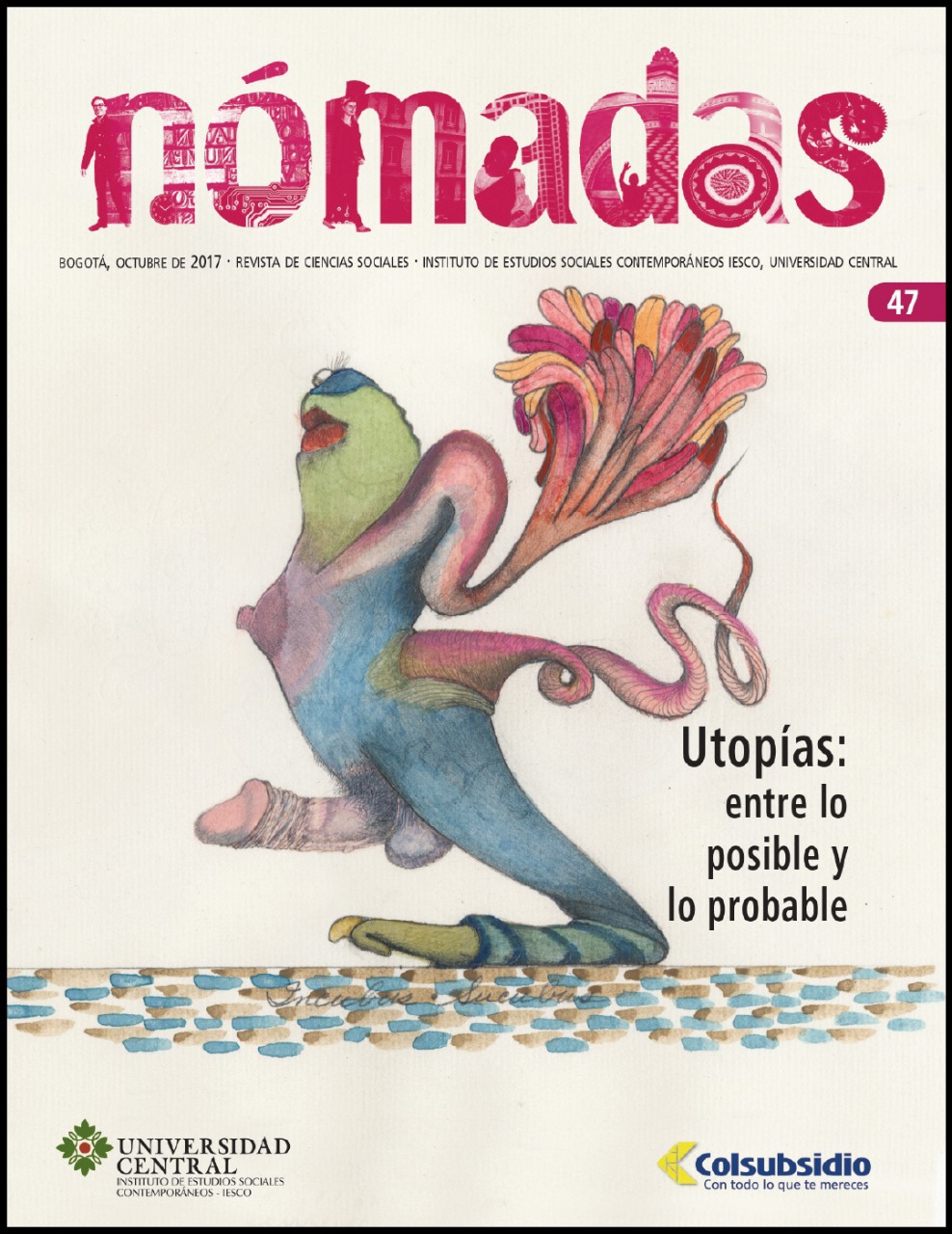Cartografias utópicas: morte e redenção na obra de Vallejo
Conteúdo do artigo principal
O objetivo deste artigo é refletir sobre a heterotopia de Medellín a partir da ficção de Fernando Vallejo, A Virgem dos Sicários, e analisar a forma como aborda processos sociais, históricos e culturais contemporâneos. Esse artigo contribui para demonstrar novas formas de pesquisa, nas quais são feitas ficções para recriar, exemplificar e contrastar a realidade contemporânea. Ao mesmo tempo, desmistifica as utopias como criações de ficção científica, aprofundando a explicação e o domínio dos medos e desejos dentro do eu e das sociedades contemporâneas.


